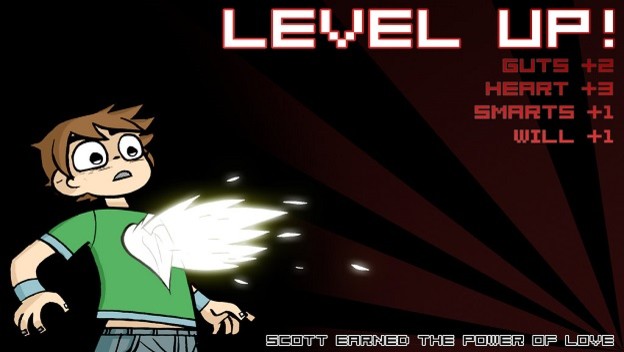It’s no secret that gamers have a bit of an image problem. Even from within our community, it sometimes appears as though we can’t seem to get along. This fact is often depicted in the media, and sweeping generalizations of us don’t exactly paint us as the most accepting or socially capable people. That may be true of some of us, sure, but with a group as diverse as we are, generalizations will almost always be erroneous. They’re also easy, like other knee jerk reactions such as pessimism or an “us against them,” mentality. It is far more difficult, and likely more beneficial, to engage in optimism and realize that we, as gamers, are on the same team here. We can make this community better for all of us.
There is one thing we certainly aren’t, and that is complacent. One spin on that is that we are loud and volatile. It’s not hard to see elements of that springing up, as the most ignorant of us tend to be the most outspoken with their “toxic” and unhelpful comments. Personal attacks are certainly present, but one cannot deny that those personal attacks are within larger, constantly present dialogues. And dialogue is a good thing. There is no reason to dismiss them simply because the thing that links these discussions together are “just video games.” Because of this, I tend to think gamers are one of the most forward thinking groups, often partaking in discussions on ethics, social issues, philosophy, art, and even science. Even with noted ignorance in our midst, we are constantly being exposed to new information and ways of thinking.
A recent and easy starting point for this discussion is Gamergate, a topic that has managed to achieve national coverage and was even featured in an episode of The Colbert Report . Gamergate revolves around two primary issues: sexism in games and a lack of ethics in the game’s press. Unfortunately, these two ideas are often conflated instead of addressed as separate issues that we should look at. While that can make it hard for some groups to have a proper debate, even the most stubborn of us are still making progress in our understanding of two complicated and nuanced issues; issues that can be applied outside of our realm of gaming. We’ve started looking at sexism and journalistic ethics in our wider culture. We’re becoming more aware.
We’re also familiarizing ourselves with terms we may have previously not known. Different types of rhetorical and logical fallacies are almost buzzwords now. People have learned what it means for an argument to be ad hominem . They know what a straw man is. The list goes on, and the potential for progress improves through this education. Social privilege is a term almost everyone knows now, and has become ubiquitous within our culture. For many, though, they first heard it in a discussion surrounding video games.
You’ve probably also heard the term “echo chamber.” In simplest terms, an echo chamber is defined as an enclosed space in the form of a media network or friend group where agreeable beliefs are often circulated but opposing ones are either censored or underrepresented. Not only have we become aware of this particular bias, but we seem to be more immune to it than other groups due to the nature of our community. We’re united by a love for gaming. We bump into one another in games, forums, comments sections and Twitter because our discussions still manage to fall under the umbrella of “video games.” It is nearly impossible to avoid conflicting views, and we can’t simply choose to engage with only those who agree with us. Our beliefs are always being challenged, and we’re forced to be more self-aware than we may have otherwise been.

The skepticism for the media that partially defined GamerGate extends beyond just the video game press. This kind of skepticism has actually been on the rise for a while now. Remember when we were united back in the days of Jack Thompson and the media crusade against violence in video games? Or remember how well that actually worked out for Rockstar and their Grand Theft Auto franchise? It is clear to us how media can be manipulated by those with an agenda, and a lot of us have learned to exercise a practical level of skepticism. We can smell publicity stunts better than most.
On the art and science side of things, we have Youtube personalities who delve deep into games so that they can analyze the feasibility of their physics, possible implicit narratives, theories and interpretations. The Game Theorists channel is a very popular example of this and it has spawned all sorts of imitators who study games with the vigor of a college level course in film studies.
I believe gamers are, mostly, an intellectually curious bunch. I don’t believe we’re evil; I don’t believe a majority of people are inherently evil. I think we’re working on things and constantly striving to better our community, and I think as we learn the skills to do that, we can actually better our society as a whole. The first step is simply to get a bit better at working together, and the progress on that front is already a marked one.
